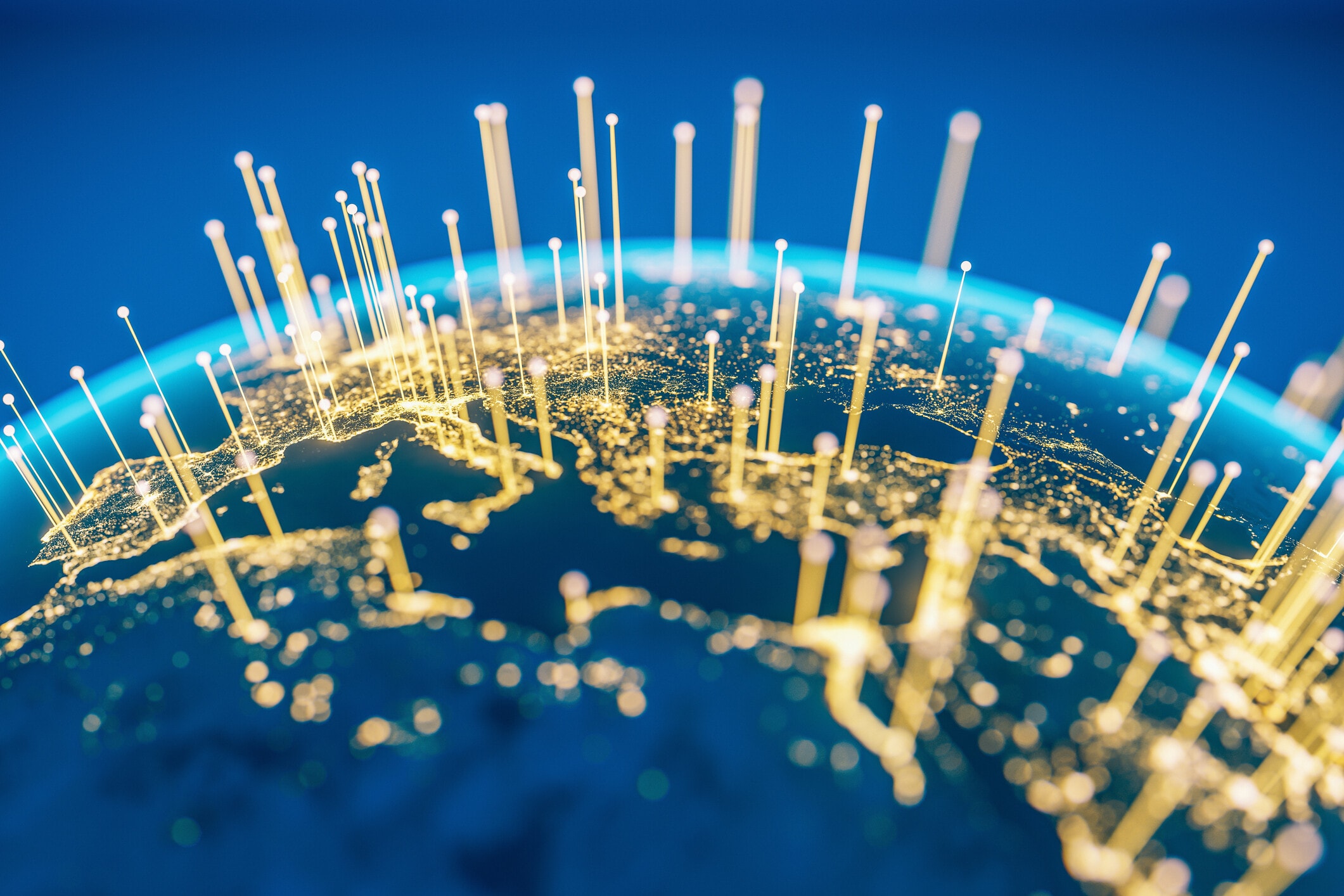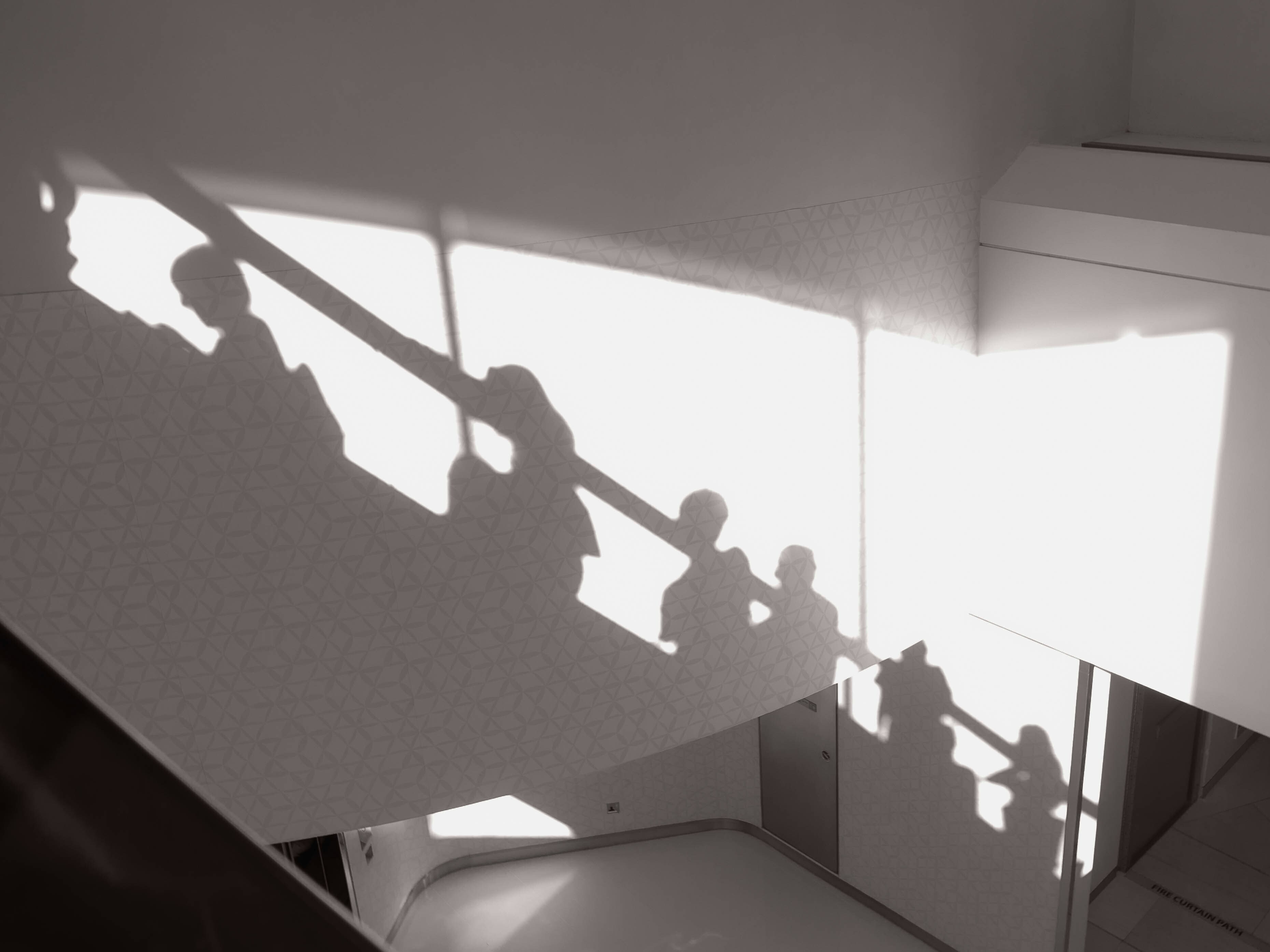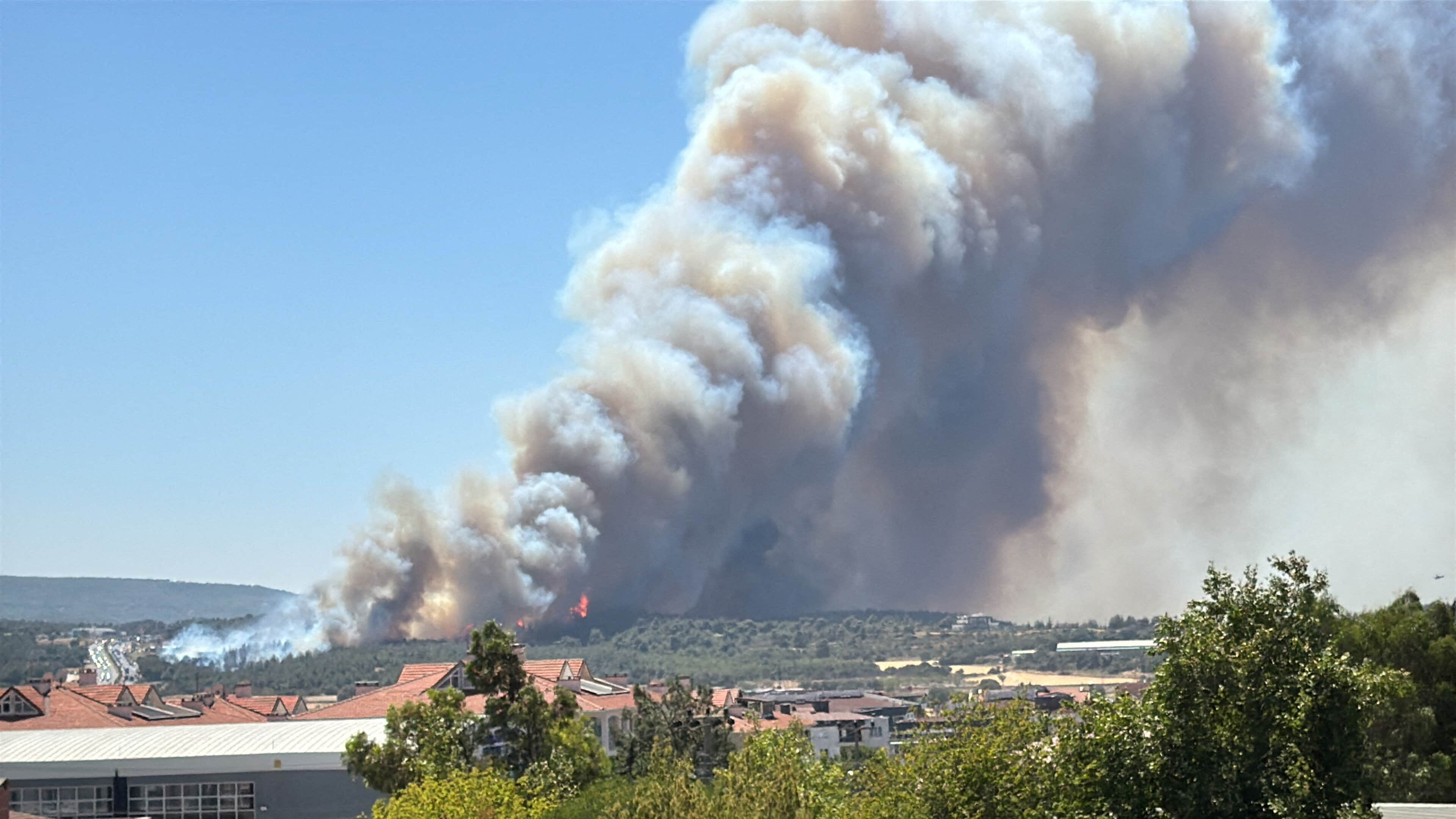3 little things businesses can do to have a big impact in times of crisis

Little things can make a big difference in the post-COVID world. Image: Al-Dabbagh Group
- Corporations have a responsibility to contribute to a better world.
- Al-Dabbagh Group (ADG) – through its governing ecosystem, Omnipreneurship – is one company that was able to quickly adapt its community programmes to respond to the COVID-19 pandemic.
- Small actions like offering relevant and meaningful content, positivity and support for local families and workers can have a big impact on the communities in which businesses operate.
The coronavirus has spared no one. Lives and livelihoods have been turned upside down. Families have been separated by lockdown measures. Businesses and communities have been brought to a screeching standstill. And too many lives have been tragically lost.
The private sector has a responsibility to contribute to a better world, and specifically, to have a positive impact on the communities in which they operate. This is especially true in times of crisis.
As we gained more clarity on the insidiousness and relentlessness of COVID-19, Al-Dabbagh Group (ADG) quickly adapted each of our six business verticals to respond to the crisis, focusing on both business continuity and providing support to our teams, our communities and our customers. Work-from-home policies and precautions to ensure the health and safety of those whose roles require on-site presence were central to the plan.
But the private-sector response must go beyond work procedures. ADG’s governing ecosystem, Omnipreneurship, is made up of three principles, five values and 10 golden rules. It is through the lens of the principles – giving, earning and sustaining – that ADG reshaped and expanded existing community programs to respond to COVID-19.

Based on what we learned, here are 3 relatively small things businesses can do to have a large positive impact on the community in times of crisis.
1. Offer relevant and meaningful content.
All too often, vulnerable populations tend to get left behind during crises. ADG was determined to offer relevant and meaningful content to the NGOs we support, to help them support those in need.
During normal times, ADG’s Philanthropy University (Phil U) provides free online courses to NGOs and people working in the social sector in the Global South. During the pandemic, Phil U developed a series of free courses specifically designed to address COVID-related organisational challenges. Created in partnership with Bain & Co., the courses tackle topics including organisational leadership, fundraising and working with high-risk populations during the pandemic. The courses are open to everyone, everywhere.
2. Be a positive force.
Businesses can also provide much-needed positivity in times of darkness. ADG’s automotive vertical, Petromin, released a series of uplifting videos about how to make the most of lockdown life – reinforcing the fact we are all in this together and encouraging everyone to use the time to step back, slow down and focus on things often taken for granted in our fast-paced world. Petromin-Nissan (PN) ran a campaign celebrating “The Heroes Among Us" – such as emergency services and food delivery drivers. ADG’s 700 auto-care shops provided special offers to frontline workers, like free sanitation of their vehicles, so we can protect those who are keeping us safe and healthy during the pandemic.
3. Support local communities.
It’s imperative that corporate entities look closer to home and identify how, through local operations, they can best support the local communities in which they operate.
This year, the Holy Month of Ramadan converged with the pandemic, making it all the more important to help families in need. Dukan, ADG’s hard discount retail stores, partnered with four local charities to provide food baskets with daily essentials to more than 100,000 vulnerable families. The Primo convenience stores support frontline workers by providing them with unlimited beverages free of charge – a small gesture of appreciation for the risks they take every day.
Red Sea Housing International (RSI) is another company that has been having an impact at the community level. In coordination with Saudi Arabia’s Ministry of Health, RSI repurposed camp sites to make them readily available for any quarantine needs.
What is the World Economic Forum doing about shaping the future of the Arab region?
The coronavirus has undoubtedly demanded that all organisations shift their mindsets in terms of strategy and long-term planning. Businesses around the globe are considering how to repurpose and optimise supply chains in a way that will cause as little disruption as possible when a crisis of this magnitude occurs again. It’s equally important that businesses shift their mindsets in terms of their impact on the communities in which they operate.
The ideas mentioned above are not necessarily the grandest of gestures in comparison to the work being done by our frontline heroes. However, if we all do our part, no matter how large or small, we can collectively make a world of difference.
Never has the call for public-private partnership been so urgent or relevant. This crisis has shown us firsthand how, as a global community, we can no longer afford the go-it-alone attitude. Every business has a role to play in building a better, brighter, more sustainable future.
Don't miss any update on this topic
Create a free account and access your personalized content collection with our latest publications and analyses.
License and Republishing
World Economic Forum articles may be republished in accordance with the Creative Commons Attribution-NonCommercial-NoDerivatives 4.0 International Public License, and in accordance with our Terms of Use.
The views expressed in this article are those of the author alone and not the World Economic Forum.
Stay up to date:
Middle East and North Africa
Related topics:
Forum Stories newsletter
Bringing you weekly curated insights and analysis on the global issues that matter.
More on Stakeholder CapitalismSee all
Pedro Leitao
November 5, 2025






